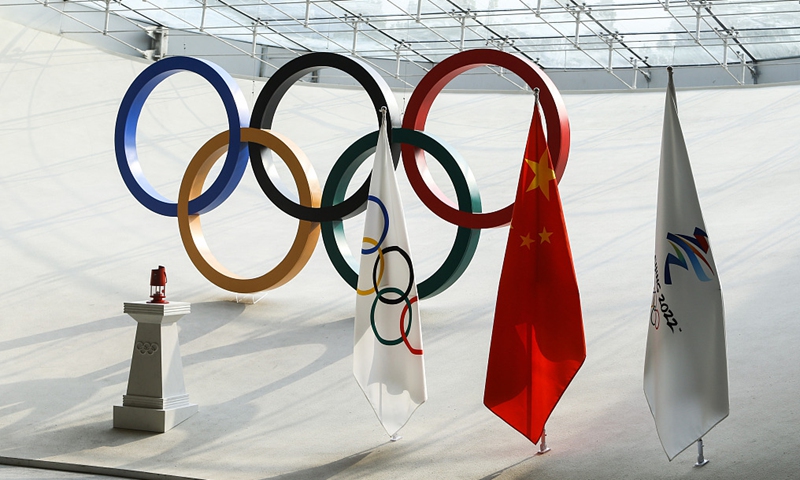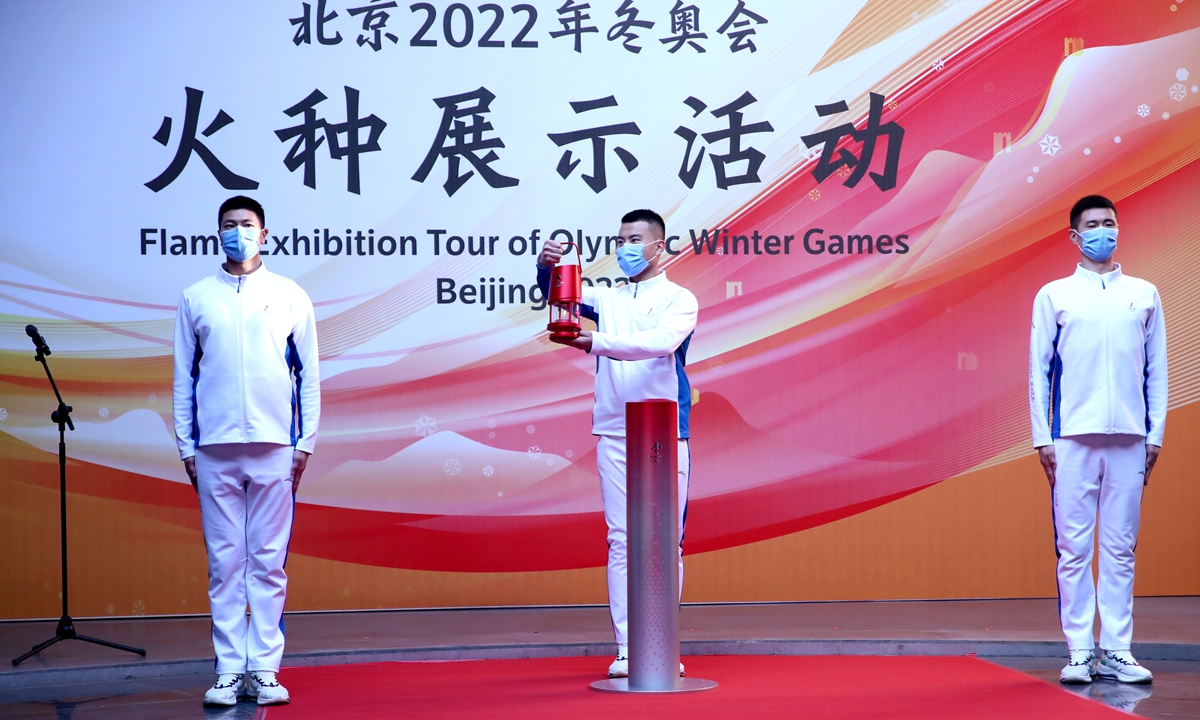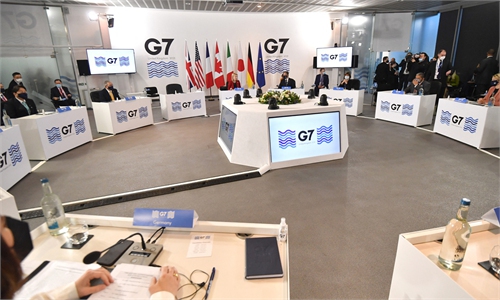Support from US allies, Latin America for Beijing Olympics a slap at Washington’s absurdity
Voices show rationality and deserve praise: experts

Beijing Winter Olympics
The US-led campaign of not sending officials to the upcoming Beijing 2022 Winter Olympic Games has been viewed by the majority of the international community as exploiting the sports event for political purposes, as South Korea and Germany have chosen not to follow suit, a fresh example that Chinese observers said once again proves the truth of a Chinese traditional idiom, "a just cause attracts much support, an unjust one finds little."
They noted that support from those countries, including US allies in Asia and Europe, and Argentina, a country from Latin America, where the US has long seen as its "backyard," becomes more valuable at this time, which shows Washington's absurdity in trying to kidnap international society.
South Korean President Moon Jae-in said on Monday at a joint press conference with Australian Prime Minister Scott Morrison after bilateral summit talks in Canberra that Seoul is not considering a "diplomatic boycott" and it has not been asked by the US or any other nation to join.
This was in sharp contrast to a handful of countries such as the UK, Australia and Japan that have chosen to blindly follow the US' step over fabricated accusations of human rights issues in China.
"It is a common consensus that Olympic sports are independent from politics and the US is going against such a consensus, which will only hurt itself," said Lü Chao, director of the Research Institute for Borderland at Liaoning Academy of Social Sciences.
Lü told the Global Times on Monday that China and South Korea have a great history of successful cooperation and active exchanges in the sports domain, citing the Olympic events during the PyeongChang 2018 Winter Olympics as one example. So, it is not surprising that Seoul has no interest in following the US in this matter, and the country also hopes to use the Olympics as a venue for inter-Korean reconciliation, said Lü.
South Korea, unlike Japan, another close US military ally in East Asia, declined to take a side between the US and China, which shows rationality and deserves praise, he noted.
Speaking at a routine press conference on Monday, Chinese Foreign Ministry spokesperson Wang Wenbin commented that South Korea has expressed support for the Beijing 2022 on several occasions, which is in line with the Olympic spirit and a manifestation of China-South Korea friendship.

The Olympic flame for the Winter Olympic Games in Beijing is on display on the Flame Exhibition Tour at Shougang Park in Beijing, capital of China, on December 13, 2021. Photo: VCG
Despite the potential for change on China policy, Germany's new government has spoken out against the use of the Olympics for political purposes, alluding to the US-led campaign. German Foreign Minister Annalena Baerbock told local media on Sunday evening that the Olympics are "a celebration of sport, for which athletes prepare for years, sometimes half their lives," and therefore should not be used that way.
French President Emmanuel Macron has also confirmed that France has no plans to join the campaign, according to a BBC report.
With clear opposition to the US-led politicization of the Beijing 2022 from these two heavyweight EU member states, it is evident that supporting the upcoming Winter Olympics in Beijing is now the mainstream position of the region, Li Haidong, a professor at the Institute of International Relations of the China Foreign Affairs University, told the Global Times on Sunday.
The 10th Olympic Summit on Saturday firmly stood behind the International Olympic Committee (IOC) over its stand against any politicization of the Olympic Games and sport, and "strongly emphasized the need for the political neutrality of the IOC, the Olympic Games and the entire Olympic Movement".
Wang Wenbin said at the press briefing that the summit again shows that some individual nations stand on the opposite side of the international community by politicizing the Beijing 2022 Winter Olympic Games, and their actions have won little support and are doomed to fail.
Participating in US President Joe Biden's high-profile videoconference summit on democracy, Argentina's President Alberto Fernández used his speech to openly slam the US-led Organization of American States for the latter's intervention in Bolivia, which undermines democracy in the country.
The leader of the country noted that democracy cannot be "imposed" or "exported" and that dialogue "in an environment of coexistence" was the only way forward, stressing the importance of non-interventionism in national processes, which was widely considered as an implicit criticism of the US government, local media reported on Friday.
One day before these remarks, Argentina's Foreign Ministry issued a statement entitled "Strong Support for the Beijing Olympics," while stressing it is one of the first countries to express support for the event to be held in February 2022, which will coincide with the 50th anniversary of diplomatic relations between China and the South American country.
Support from traditional US allies including in Asia, Europe and South America does not come easily and in return shows the absurdity of the US politicizing the Beijing 2022 games, analysts said.


